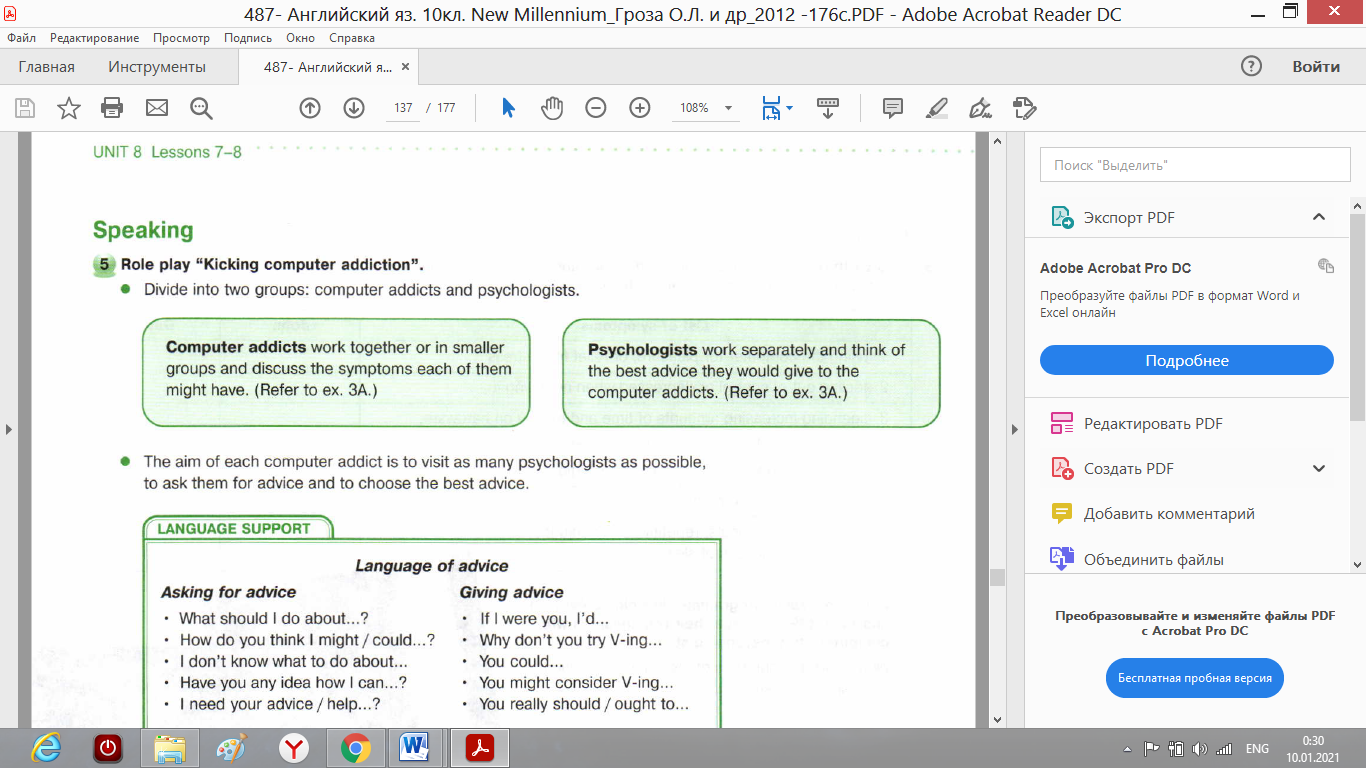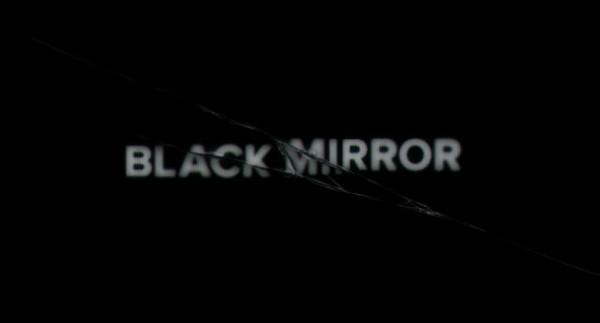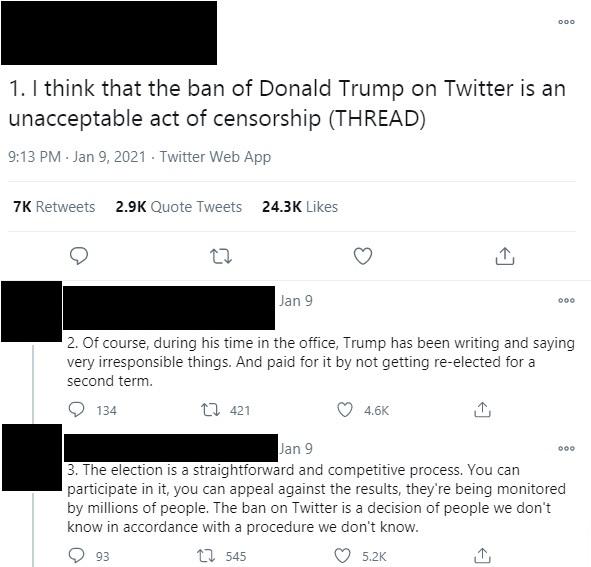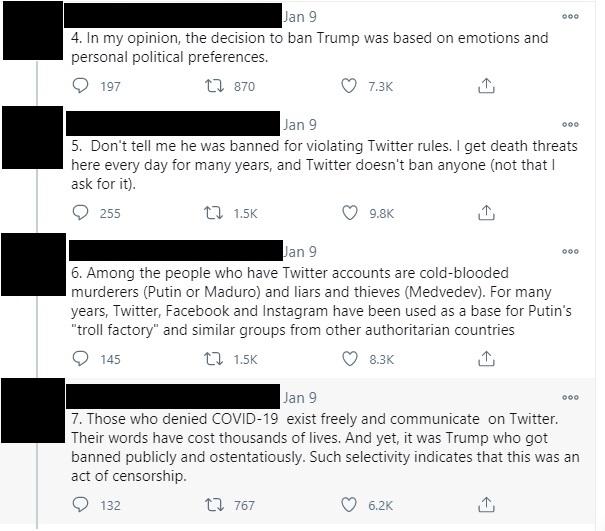1. Read the text and do some exercises below.
The Net or TV?
Both the Internet and television are the forms of Mass Media that’s why they have some similar features. First of all, they keep people informed. It means that we can get to know about the latest world news due to them, find educational information, articles connected with your hobbies and the like. Secondly, both television and the Net gather big audiences so people can find new topics to discuss. Moreover, it gives a wonderful opportunity to communicate with other people. Certainly, it’s not a direct communication and the Internet and TV can’t change real friends but they just give extra-chances to active people.
TV and the Net are similar in the way they give us information. TV-sets, computers and smartphones have colorful screens and special sound appliances. Here I’d like to say that one of their disadvantages is a bad influence on health because users are glued to these screens. So we can say the way of giving us information isn’t very convenient and healthy.
However TV and the Web differ very much. The main advantage of the Internet which I appreciate very much is that you don’t depend on somebody or something. There’s no schedule! You just start up your computer and begin surfing the Internet looking for whatever you want. I consider that if you want to know the latest news it’s better to log on the Net. There you’ll choose the topic and read or watch not one but lots of articles on it. Isn’t it comfortable? And you’re not told about crimes, crashes, violence every time (compare with TV news!).
On the Internet you can find not only small news items but big articles on different subjects and even books. To my mind, articles are very useful: they play a big educational role. What about virtual books? Well, I’d rather read paper books. For me reading good books associates with pleasant moments, such as sitting in the armchair, drinking tea and dreaming. Can reading from the screen be so nice? I think, no. Besides, it causes heavy eyestrain and backache.
Nowadays people search for different sorts of music, videos, films in the Web. So do I.
I prefer the Internet to TV because I can find there my favorite music whenever I want. Fortunately, the Internet in our country is quite good, the speed is fast and it’s possible to watch, for instance, a long film there.
a. Use Miro or MindMeister to create a mind map about the similarities and differences between television and the Internet.
b. The appearance of social networks and special platforms where everyone can write caused the new specialists such as:
blogger;
channel author;
writer.
Blogger is a person who regularly posts notes (posts) and videos on his blog on the website or on social networks. As a rule, bloggers promptly react to current events by posting their thoughts on current topics. A channel author is a creator of unique content (text, video) for his channel (for example, YouTube or Yandex.Zen) on a specific topic, in which the author is well versed. Writer is an author of unique articles for posting on the Internet on third-party sites.
In order to become a blogger or author of your channel, you do not need to graduate from journalism faculty. It is important to understand a certain area at the expert level and it is interesting to present information.
- In your opinion, what is the main difference between a journalist and a blogger?
- Why will it never be possible to put an equal sign between these two professions?
- Why does the word “blogger” have a somewhat dismissive meaning in Russia?
 c. The most famous interviewers in our country are Yuri Dud and Katerina Gordeeva. Both of them are journalists and used to work in television. Now, among other things, they are video bloggers keeping their channels on YouTube.
c. The most famous interviewers in our country are Yuri Dud and Katerina Gordeeva. Both of them are journalists and used to work in television. Now, among other things, they are video bloggers keeping their channels on YouTube.
 Do you think their journalism education influences the way they work? Explain your point of view by comparing the content of their channels with the content of the channels of any popular YouTube bloggers.
Do you think their journalism education influences the way they work? Explain your point of view by comparing the content of their channels with the content of the channels of any popular YouTube bloggers.
2. Remember the comparison of Western and Russian television in the previous topic. Answer the question: Why has the interview genre become incredibly popular in the Russian segment of YouTube? You may use these phrases:
Generally, I think / suppose …
I think / suppose …
I don’t think / suppose …
On the whole, I believe …
I believe …
I don’t believe …
I hope that …
I’m sure that …
I’m quite sure that …
I’m not sure that …
3. The Internet for young people and older people is of different value and takes a different place in life. Make an experiment: ask 10 friends of your age and 10 adults using a questionnaire below (you may present it in Google Forms). Then compare the results and present them in a diagram.
Questionnaire
| 1. You browse / surf the web… a. every day b. once or twice a week c. never
3. You get information about hobbies and interests … a. every day b. once or twice a week c. never
4. You get product or service information … a. every day b. once or twice a week c. never
5. You read news … a. every day b. once or twice a week c. never
6. You get information for schoolwork / work … a. every day b. once or twice a week c. never
7. You get travel information … a. every day b. once or twice a week c. never
8. Download images or videos … a. every day b. once or twice a week c. never | 2. You send / receive e-mails … a. every day b. once or twice a week c. never
9. You look up entertainment events … a. every day b. once or twice a week c. never
10. You watch Youtube … a. every day b. once or twice a week c. never
11. You scroll the feed on social networks … a. every day b. once or twice a week c. never
12. You upload photos on Instagram … a. every day b. once or twice a week c. never
13. You post some feed on social networks … a. every day b. once or twice a week c. never
14. You play online games … a. every day b. once or twice a week c. never |
4. It may sound ridiculous, but most people have gadget addiction to one degree or another. Think about it: we almost never let smartphones out of our hands, experiencing a constant need to check social networks and messengers for new content. Psychologists and psychotherapists spoke about such addiction back in the early 2000s. Read this text and make a list of signs of computer addiction. Do you have at least one of them?
| 
| Sign | Yes/No |
|
|
|
|
|
|
|
|
|
|
|
|
|
|
|
|
|
|
5. Role play “Kicking computer addiction”.

The aim of each computer addict is to visit as many psychologists as possible, to ask them for advice and to choose the best advice.

Each computer addict joins a psychologist. Computer addicts describe their symptoms. Psychologists give advice. Computer addicts take notes and then visit other psychologists.
Computer addicts report to the class the best advice they have got and the class chooses the best psychologists and makes the list of advice to computer addicts.
6. In February 2020, Tedros Adhanom Ghebreyesus, director-general of the World Health Organization, declared that Covid-19 was not the only public health emergency the world was facing – we were also suffering from an “infodemic” of fake medical news. “Fake news spreads faster and more easily than this virus,” he said, “and is just as dangerous.” The metaphor of a psychic infection accompanying a physical one fits neatly into the current “post-truth” narrative. Articles from news sources including the Associated Press ran with the metaphor, describing misinformation as a contagion with “no antidote in sight”. (https://www.ft.com/content/e5954181-220b-4de5-886c-ef02ee432260).
This clearly shows how powerful the Internet is in comparison to other media. This effect is achieved due to the fact that information on the Internet is personalized: in the eyes of the user, it always comes from a specific person. Even if this is not your friend or relative, you can always go to the author's account, see his photographs, read about his hobbies, to “meet” in absentia and trust him.
In fact, using the Internet, reading news, entertainment or educational content on it, we every day, without noticing it, filter information for authenticity. The pandemic has simply increased the importance of this skill.
Using a few fake news about COVID-19 as an example (https://www.ha-asia.com/50-fake-frequently-forwarded-covid-19-whatsapp-messages/), write some tips on how to verify the authenticity of this or that information on the Internet.
7. The Internet is considered to be a kind of symbol of liberal values, since it embodies the equal access to information for all people and the possibility of free expression. Such a socio-cultural situation is especially relevant for our state, although in recent years a number of laws have appeared that significantly restrict this freedom.
But this was difficult to imagine for America, the country of “rights and freedoms”. However, recently, after the storming of the Capitol, Twitter and Facebook announced the blocking of President Donald Trump’s accounts, justifying this with the danger of his posts for society. Later, Google, Apple and Amazon removed Parler app from their stores, a messenger where Trump supporters moved to continue free communication.
All this has caused a fierce debate in society on whether such censorship is a violation of human rights and freedoms. And whether this case will become a convenient precedent for eliminating political competitors in the future.
One Russian politician tweeted a thread on why he considers such actions unacceptable. Read his arguments and express your point of view on this situation, accompanying it with at least five arguments.
8. If you are over 18, read the text below and do the exercise.
The Internet and gadgets have changed our lives a lot. Anthropologists talk about the appearance of a new type of civilization in which a person no longer separates his offline personality from the digital one. Psychologists have long registered the occurrence of depressive states because Instagram profile photos are gaining few likes, or because a person has few subscribers in social networks. Although often in ordinary life, these people do not have problems in communication and look quite nice. There is also an increase of eating disorders among teenagers, caused by the pursuit of unattainable ideals of Instagram models.
 In 2011, the first episode of the series “Black Mirror” was released, a kind of satire on the modern society of high technology and dystopia. The leitmotif of the series is the influence of information technology on human relations. In some cases, artistic images are so hypertrophied that there is a feeling of some distance from what is happening on the screen from us, the audience. But is what is shown in the series so far from real life? For example, it contains an episode about a society where a personal social rating, based on the assessment of all those around with whom a person comes into contact, strongly affects a person’s life. It seems to us a fiction, but in China, at the end of 2020, the Social Credit System began to work everywhere. This system calls for the establishments of unified record system for individuals, businesses and the government to be tracked and evaluated for trustworthiness.
In 2011, the first episode of the series “Black Mirror” was released, a kind of satire on the modern society of high technology and dystopia. The leitmotif of the series is the influence of information technology on human relations. In some cases, artistic images are so hypertrophied that there is a feeling of some distance from what is happening on the screen from us, the audience. But is what is shown in the series so far from real life? For example, it contains an episode about a society where a personal social rating, based on the assessment of all those around with whom a person comes into contact, strongly affects a person’s life. It seems to us a fiction, but in China, at the end of 2020, the Social Credit System began to work everywhere. This system calls for the establishments of unified record system for individuals, businesses and the government to be tracked and evaluated for trustworthiness.
Here is a list of the sanctions that will be imposed on those with low ratings:
a ban on working in government agencies;
denial of social security;
especially thorough inspection at customs;
a ban on holding leadership positions in the food and pharmaceutical industries;
refusal of air tickets and berths on night trains;
denial of places in luxury hotels and restaurants;
a ban on teaching children in expensive private schools.
And similar systems to one degree or another work even in developed European countries (https://en.wikipedia.org/wiki/Social_Credit_System).
Watch episodes of “Black Mirror” and write an essay that reflects your views on the issues raised in the series. Illustrate your reasoning with real-life examples.
4









 c. The most famous interviewers in our country are Yuri Dud and Katerina Gordeeva. Both of them are journalists and used to work in television. Now, among other things, they are video bloggers keeping their channels on YouTube.
c. The most famous interviewers in our country are Yuri Dud and Katerina Gordeeva. Both of them are journalists and used to work in television. Now, among other things, they are video bloggers keeping their channels on YouTube.  Do you think their journalism education influences the way they work? Explain your point of view by comparing the content of their channels with the content of the channels of any popular YouTube bloggers.
Do you think their journalism education influences the way they work? Explain your point of view by comparing the content of their channels with the content of the channels of any popular YouTube bloggers.





 In 2011, the first episode of the series “Black Mirror” was released, a kind of satire on the modern society of high technology and dystopia. The leitmotif of the series is the influence of information technology on human relations. In some cases, artistic images are so hypertrophied that there is a feeling of some distance from what is happening on the screen from us, the audience. But is what is shown in the series so far from real life? For example, it contains an episode about a society where a personal social rating, based on the assessment of all those around with whom a person comes into contact, strongly affects a person’s life. It seems to us a fiction, but in China, at the end of 2020, the Social Credit System began to work everywhere. This system calls for the establishments of unified record system for individuals, businesses and the government to be tracked and evaluated for trustworthiness.
In 2011, the first episode of the series “Black Mirror” was released, a kind of satire on the modern society of high technology and dystopia. The leitmotif of the series is the influence of information technology on human relations. In some cases, artistic images are so hypertrophied that there is a feeling of some distance from what is happening on the screen from us, the audience. But is what is shown in the series so far from real life? For example, it contains an episode about a society where a personal social rating, based on the assessment of all those around with whom a person comes into contact, strongly affects a person’s life. It seems to us a fiction, but in China, at the end of 2020, the Social Credit System began to work everywhere. This system calls for the establishments of unified record system for individuals, businesses and the government to be tracked and evaluated for trustworthiness.









